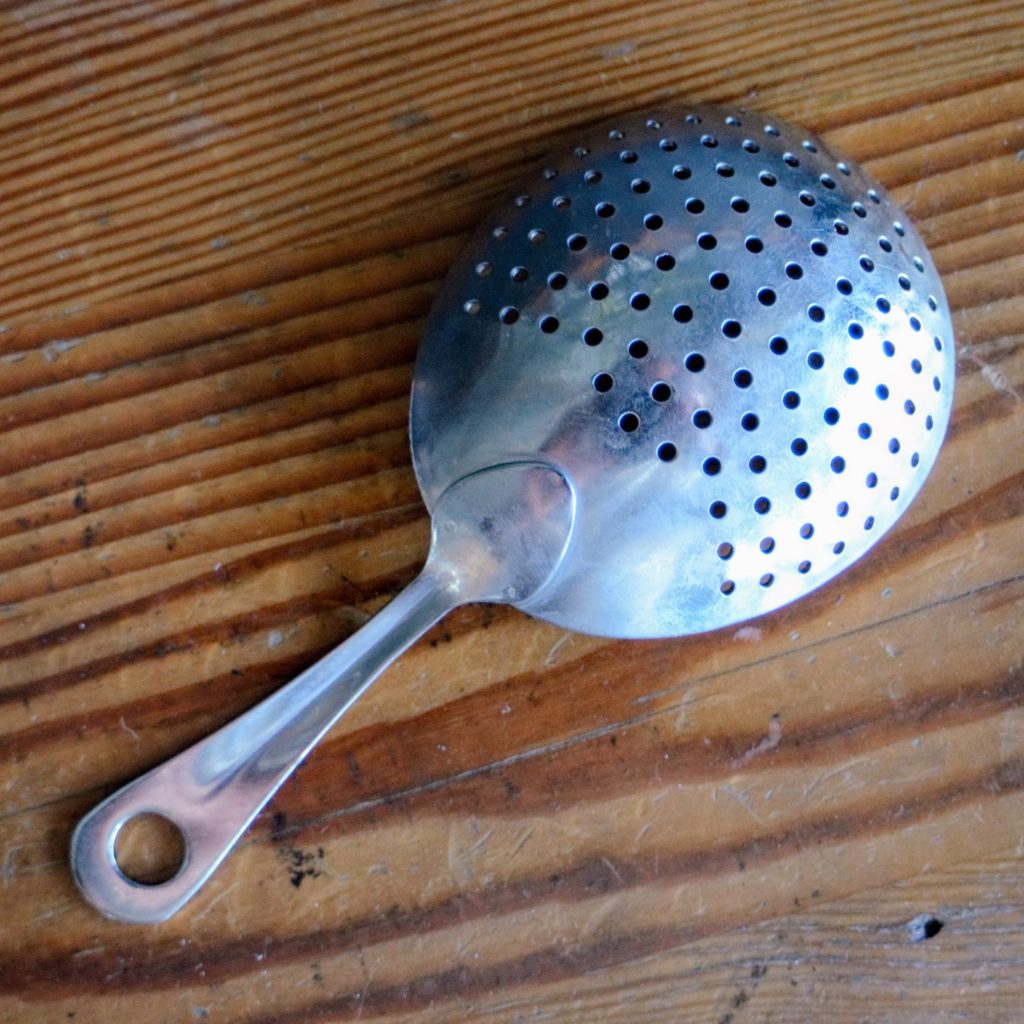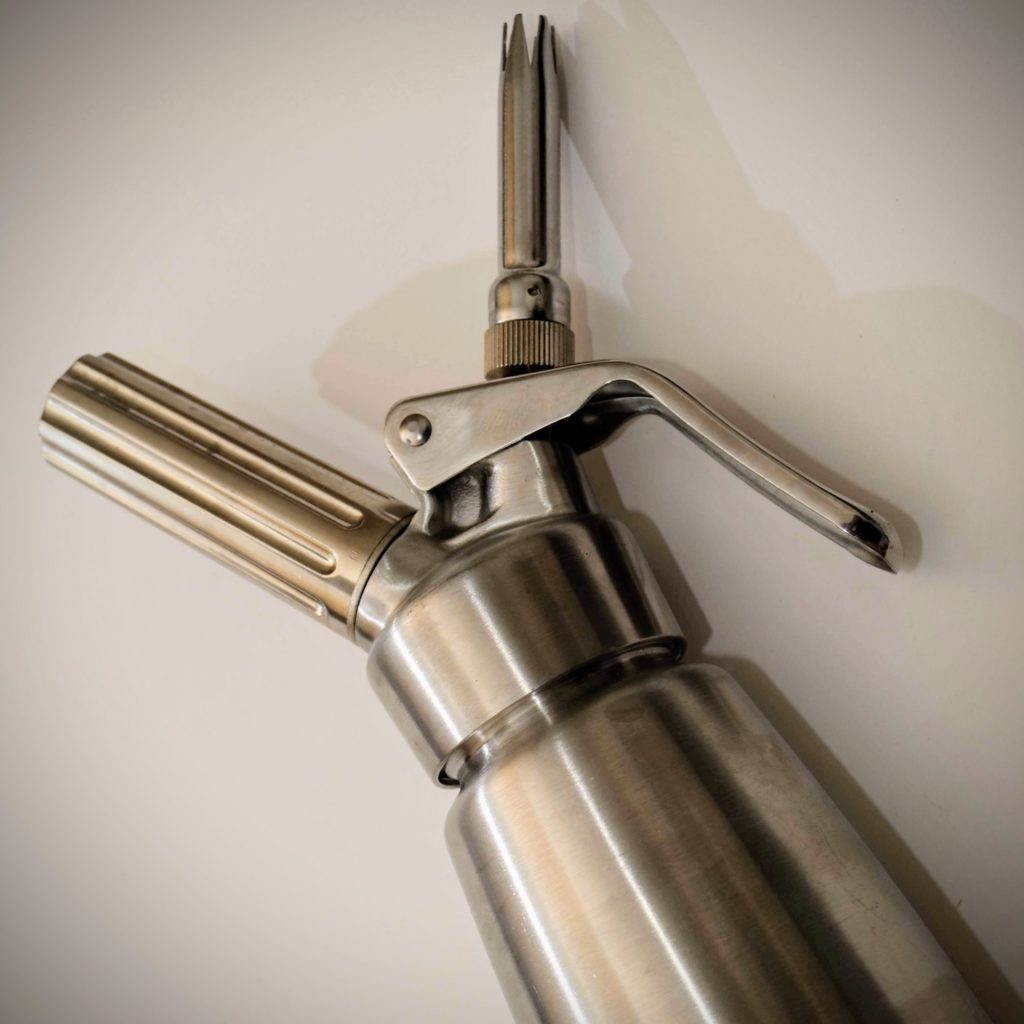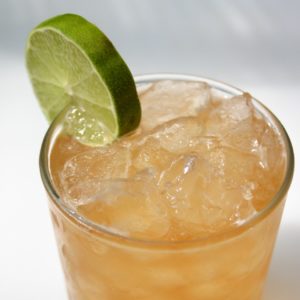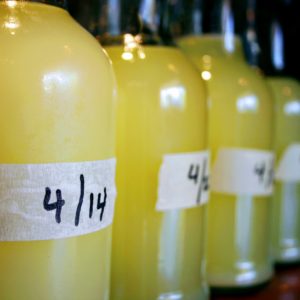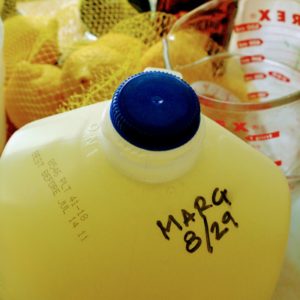In this day and age, it’s not uncommon for us to be concerned about what we put into our bodies. Let’s face it, what once seemed like a kale fad is now simply the way we live. We demand locally grown produce from our grocers. We want our meat to be treated respectfully, and our seafood to be harvested responsibly. We want our coffee and other goods that come from other parts of the planet to be purchased fairly.
But is this just a dog chasing its tail when it comes to alcohol? The booze business’ whole mantra seems to be “Sin, and sin boldly”, and that certainly seems to rear its ugly head in the industry at an alarming frequency, as it always has. Besides, when it comes down to it, isn’t alcohol just basically poison? A delicious poison we put into our bodies for fun?
But the booze world is changing at an incredible pace. New products are arriving every day with labels such as “organic”, “gluten free”, and “fair trade”, and with any luck we’ll end up with practices and products that are healthier for us and for the planet. But within this framework of responsible or enlightened drinking, how much of it is bullshit and how much of it really makes a difference?
The first thing that sends up a big red flag to most people that ethical drinking is a silly hoax is the whole gluten-free spirits concept. First off, all distilled spirits are inherently gluten free; unless you’re adding something containing gluten after the distillation process, then there’s no gluten in the spirit, so then why bother calling something gluten-free?
Well, it’s as simple as this: unless a spirit is certified gluten-free, it can’t call itself gluten-free. So that’s why we’re seeing so many vodkas labeling themselves as gluten-free these days, because they have undergone the process of certification that allows them to state on the label that their product is free of gluten.
Okay, so that’s a real condition that a very small percentage of the population needs to be concerned about.
But what about organic spirits? Let’s be honest, the distillation process is designed to remove impurities. So organically produced whiskey isn’t going to inherently taste any better than traditionally produced whiskey, it’s not going to shorten your life expectancy any less, and it’s definitely not going prevent a hangover. So why bother?
The reason why we like to support organic agriculture is because it affects so much more than just what touches our lips. When there are fewer pesticides in the water table, or flowing into our rivers, lakes, and oceans, everybody wins. Does responsible farming have any affect on the world we live in? Definitely. Does it make a difference in the quality of the spirit? That’s debatable. But some things are more important.
But it’s still an important aspect to consider, because not only are we concerned with what we’re doing to ourselves on the inside, we’re concerned with what effects our food and drink choices will have on the planet. And the biggest impact comes from brands that make a difference in the lives of the people who are directly involved in the production of said spirit.
Which brands are doing this? The ones who are transparent about where they source their raw materials, the conditions under which the people who grow and harvest the plants from which the product is made are working, and the livable wage they’re hopefully paying. This is especially true for agricultural products, particularly those made in countries where labor and natural resources are easily exploited by massive liquor companies. Not to name names, but a good general rule of thumb is the bigger the company, and the less transparent they are about these issues, the more likely they’re exploiting the local people and natural resources.
If we can continue to apply economic pressure to brands whose choices will impact the world the most, and continue to support those brands who do so in a positive way, can we make a difference? I think we can. And that’s the sort of thing any drinker can get behind.




